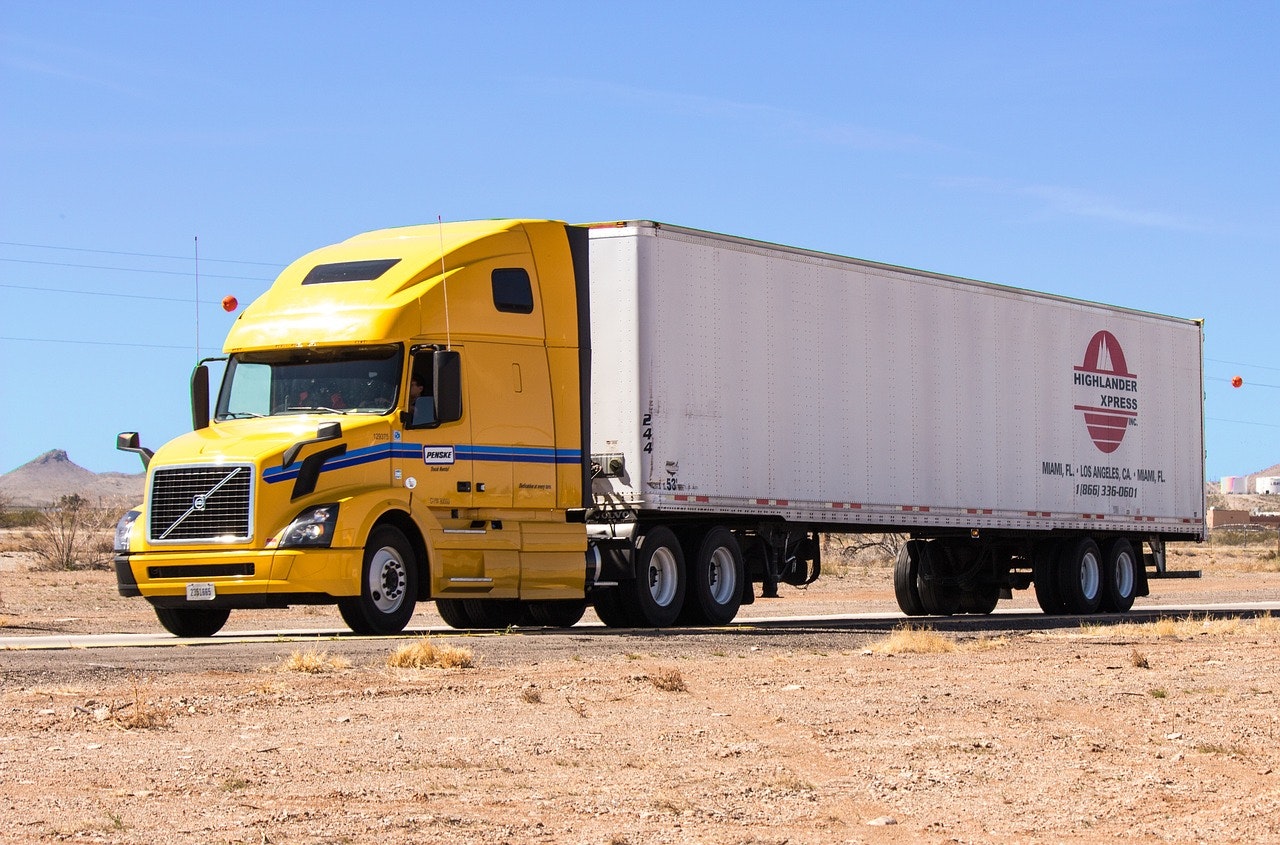
FMCSA Drops Speed Limiter Proposal for Heavy Trucks
Understanding the Shift Away from Speed Limiters
The Federal Motor Carrier Safety Administration (FMCSA) recently made headlines by abandoning a proposed federal mandate for speed limiters on heavy-duty trucks weighing over 26,000 pounds. Originally proposed jointly with the National Highway Traffic Safety Administration (NHTSA) in 2016, the rule would have required speed limiters on all new commercial vehicles in this category. However, the FMCSA has withdrawn this proposal alongside a 2022 notice that also sought to introduce such a requirement.
Reasons for the Policy Change
The decision to rescind these proposals aligns with a shift in regulatory approach following an executive order by President Donald Trump in February, which demanded the revocation of two federal rules for every new rule enacted. The FMCSA's notice highlighted significant potential conflicts with state authorities, as speed limit setting is traditionally a state responsibility. The regulatory rule would essentially override state speed limits on roads where heavy vehicles are permitted to exceed limits under federal consideration, challenging state rights.
The Role of Advanced Safety Technologies
Part of the rationale for stepping away from speed limiters may include advancements in vehicle safety technology. Newer trucks are equipped with crash avoidance systems, such as automatic emergency braking and forward collision warnings, which can also enhance safety without necessitating speed restrictions.
Public and Industry Feedback
Public opinion on speed limiters has been mixed. The 2016 proposal elicited 7,225 comments, while the 2022 proposal saw 15,638 responses. A common theme was a divergence within individual comments, expressing both support for some aspects and concern for others.
Economic and Safety Considerations
While limiting trucks to 65 mph could potentially save lives and offer cost savings—estimated between $209 million and $1.56 billion annually—the FMCSA noted a lack of concrete data on how speed reduction impacts overall safety. This data gap was a key factor in deciding against finalizing the rule. This move reflects a broader deregulatory agenda while balancing safety concerns effectively without imposing new speed control measures. The FMCSA continues to consider the feedback and evolving technology in making these crucial decisions impacting the trucking industry.
